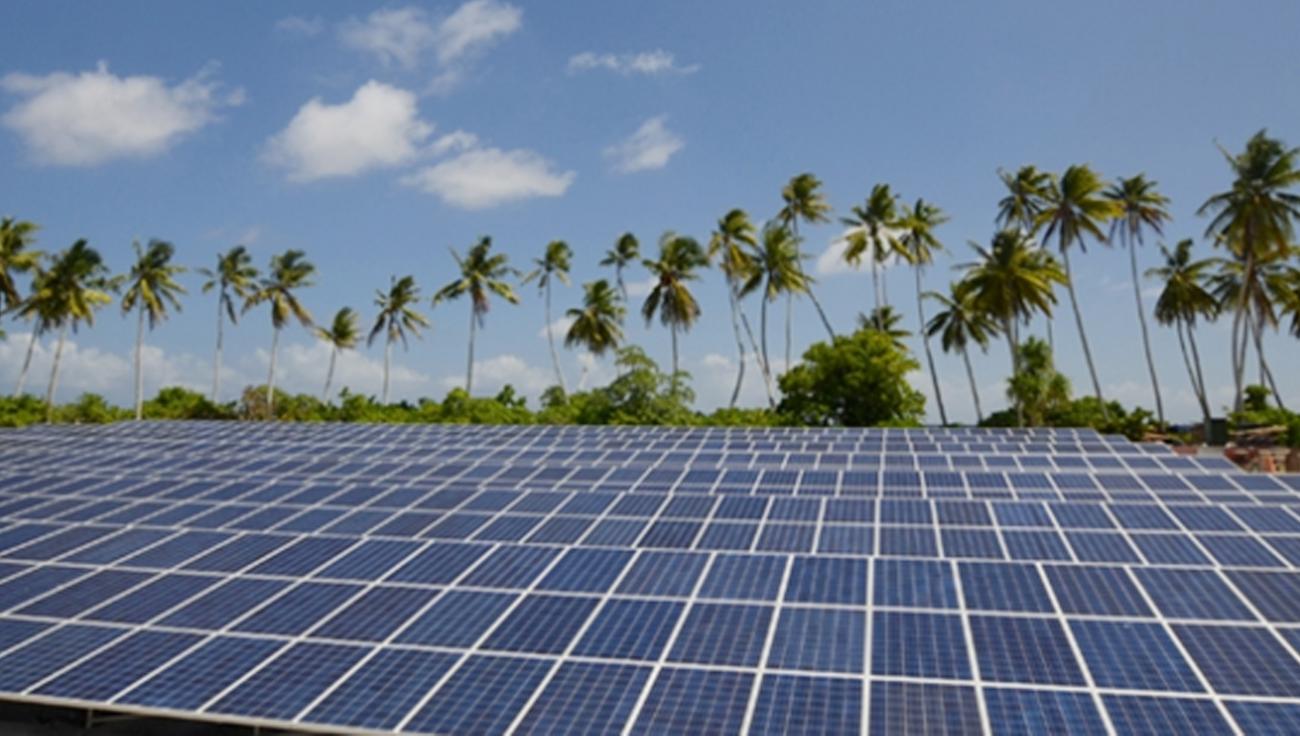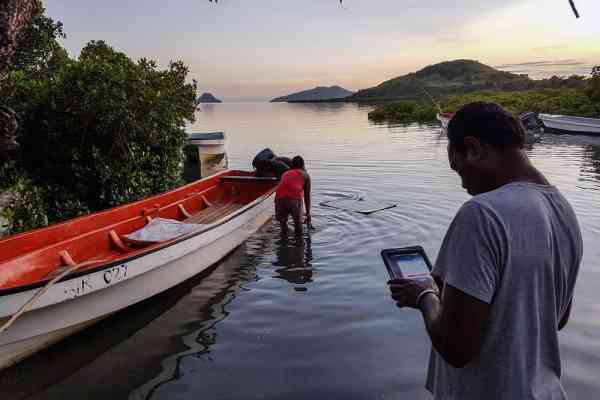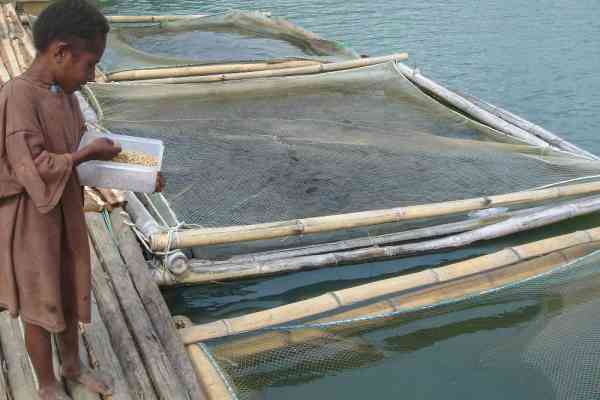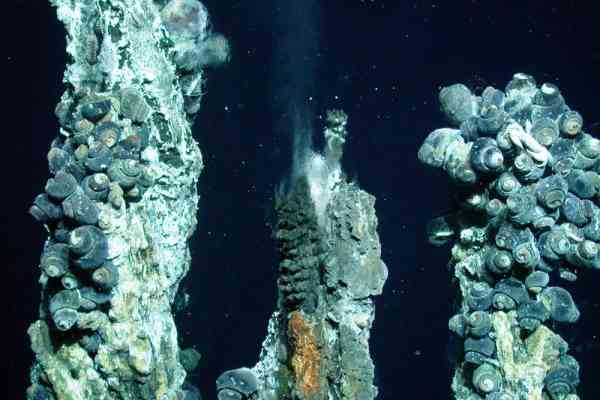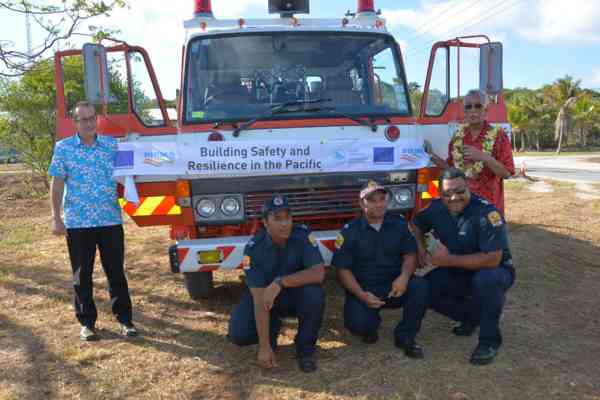Tokelau is the first country in the world to produce all its electricity needs from renewable energy. This small Pacific nation with three atolls and 1160 people has switched off its noisy, polluting diesel generators and is now totally powered by the sun.
People in Tokelau began talking about a solar-powered future more than a decade ago. At that time, they relied on diesel-driven power stations, one on each atoll, to provide electricity for 15 to 18 hours a day. They used 200 litres of diesel a day at a cost of around NZD $800,000 each year, and every drop of fuel had to be imported to the atolls.
In 2012, Tokelau switched from using 100 per cent diesel-generated power to 100 per cent solar electricity, using a design appropriate for their difficult tropical marine environment.
Tokelau’s draft energy roadmap for 2015-25 highlights their commitment to being fully reliant on renewable energy.
Making the shift from fuel dependency was ambitious and needed full community support. The late Foua Toloa, a former Minister for Energy and Transport, said success was shown when it became a country commitment. “That was the foundation, when our elders agreed, when everyone, even the children, were explained to,” he said.
The project was funded by Tokelau, the New Zealand Aid Programme and the United Nations Development Programme, and watched with interest by SPC and countries around the Pacific.
“We were delighted to see the completion of the project, as it allowed all our country members to see first-hand the advantages of substituting fossil fuels with renewable energy,” our Deputy Director, Economic Development Division and head of Energy, Solomone Fifita, said.
The project took two years to complete. To make a one-megawatt solar panel array, New Zealand company PowerSmart worked with islanders to install 4032 solar panels, 392 inverters and 1344 batteries across the three atolls. This covers Tokelau’s electricity needs.
Tokelau’s highest atoll is just five metres above sea level, so the impacts of climate change are a crucial issue for the nation. These days, the only fossil fuels used on Tokelau are for three cars, one on each atoll. The money saved by not importing diesel means more funds for health and education. “It’s an excellent result for Tokelau, and one we hope to see replicated elsewhere in the Pacific,” Mr Fifita said.
The project shines a light for other small nations and communities keen to save money and improve their energy security and their environment by swopping their noisy, expensive diesel generators for renewable energy. “We have demonstrated our resilience,” said Titular Head of Tokelau, Kerisiano Kalolo.
Tokelau’s Administrator, Jonathan Kings, agreed. “The idea for this project came from Tokelau, the construction was the work of Tokelau. New Zealand’s contribution was simply to provide the loan … it was all Tokelau’s vision,” he said.
Highlights
Tokelau is the first country in the world to run completely on solar power, producing enough renewable energy to meet all its electricity needs
Everyone in the community – from elders to children – learnt about the project and agreed to take part
There are 4032 solar panels, 392 inverters and 1344 batteries, making a one-megawatt solar panel array across the three atolls
